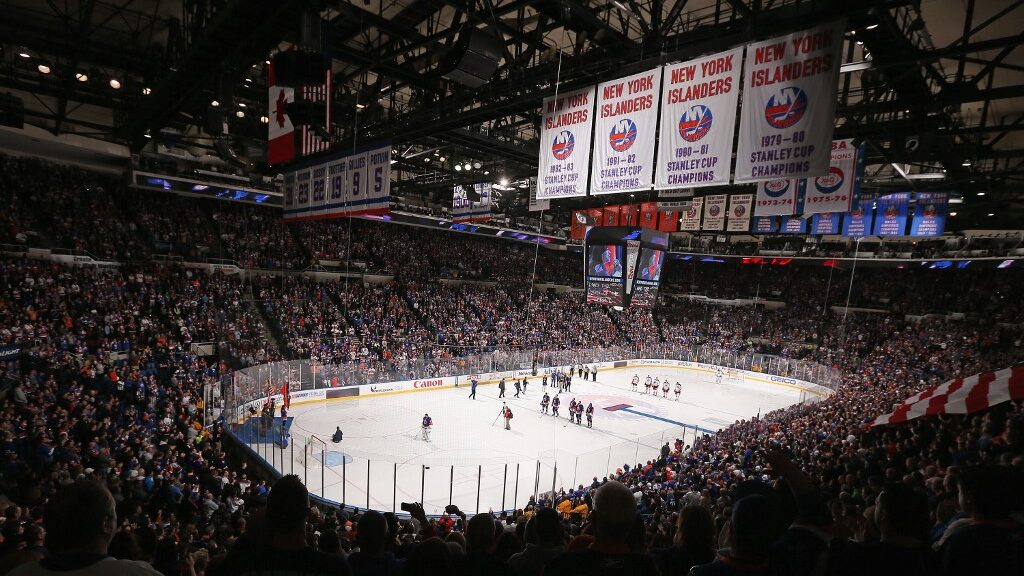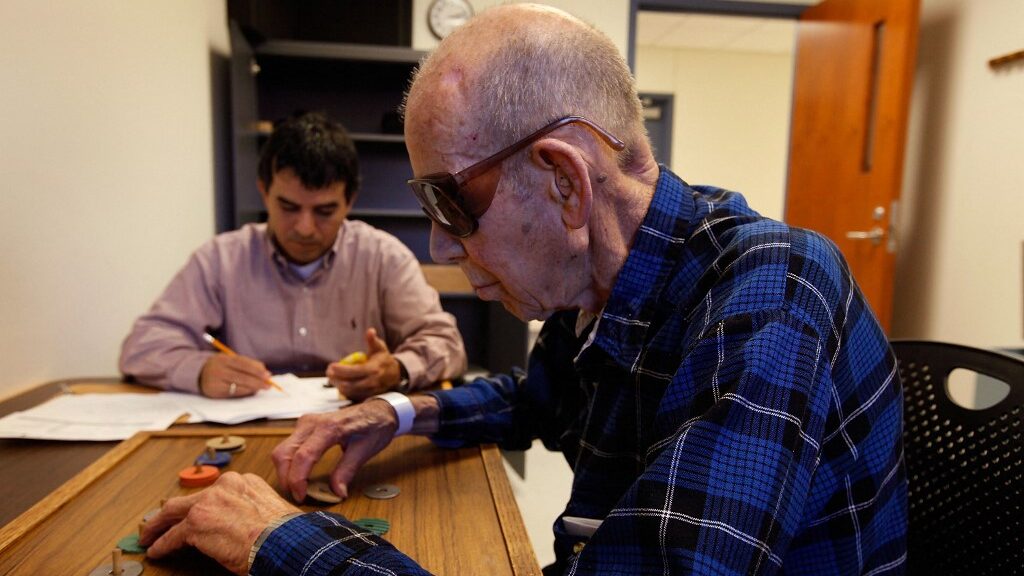
The Las Vegas Sands is proposing a resort and casino destination at the Nassau Coliseum on Long Island, New York, but the specter of online gaming being legalized in the state has the company rethinking its plans.
Rolling the Dice
The first hurdle toward building a resort casino on Long Island was cleared in August when lawmakers voted in the affirmative to transfer all 72 acres of the Nassau Coliseum property to the Las Vegas Sands. An environmental review must be completed within the next six months, and a blizzard of red tape awaits. However, it will all be for naught if the project does not receive one of the three downstate casino licenses.
Naturally, a casino license is critical considering the estimated $6 billion price tag on the Long Island complex, but the company has stated it would still develop a hotel resort and entertainment venue, sans the casino, should it not be awarded a license. The committee will not be awarding licenses for another 18 months, which gives the bidders plenty of time to contemplate their project as the political and socioeconomic winds continue to swirl.
That brings us to a recent earnings call in which Las Vegas Sands CEO Robert Goldstein was asked about the Long Island project, and his response was a bit surprising considering there are several major corporations battling tooth and nail to get one of the coveted downstate casino licenses.
Goldstein said, “I’ve always been the biggest advocate for New York and other jurisdictions. The only concern I have these days is the ongoing strength of online gambling, which we can’t see more what’s happening in New Jersey, in Pennsylvania, and in Michigan. And I think there’s four of the markets.
“But we built capital-intense buildings that require a long-term perspective. And I must admit that there’s got to be some kind of way of thinking about how the online impact would be not where you are in the U.S. It’s just a concern, and it’s something I’ve been looking at closely. I’d love to be in New York with the right capital structure and the right licensure process.”
Big Money in iGaming
Although New York is currently without iGaming, the staggering success of its mobile sports betting market has many lawmakers pushing for the next gaming frontier. Online casino gambling would bring in much more revenue than sports betting, and neighboring New Jersey is one of only seven states that offers it. New York would like to keep the money in the state instead of its citizens crossing state lines to play an online slot or table game.
The burgeoning online casino market is trending towards overtaking revenues derived from land-based casinos, which is why Goldstein may be getting cold feet. If the online market does cannibalize the retail market, the money spent on building a dazzling casino in a state where iGaming exists could have devastating financial consequences down the line.
For example, according to Pennsylvania’s September gaming reports, retail slots accounted for $196 million, while online slots hauled in $132 million. As for table games, the land-based casino in the Keystone State generated $73 million compared to $42 million in the virtual realm.
Online casino gambling has yet to surpass retail numbers, but the trend is concerning enough to make CEOs like Robert Goldstein sit up and take notice.















